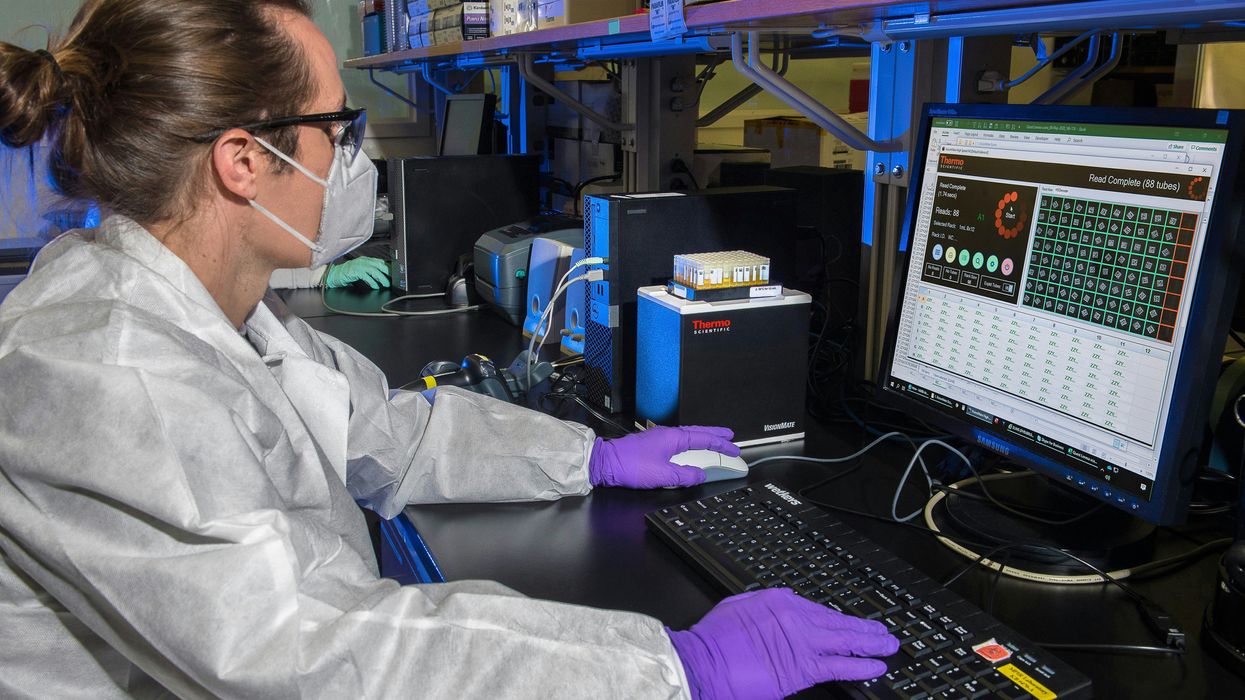Researchers have successfully created a new platform that uses machine learning to identify PFAS - highly hazardous and persistent chemicals - in environmental samples, according to a new study published in Science Advances.
In short:
- This is the first platform with the ability to identify previously unknown forms of PFAS, with a false-positive rate that’s much lower than other algorithms.
- When analyzing wastewater samples, the machine learning platform identified 733 PFAS, including 17 unknown classes. More traditional forms of testing identified only 20 PFAS.
- While the platform can help expedite the identification process, the authors emphasize that input from human experts is still critical.
Key quote:
“Our results… suggest that unknown PFAS contamination is as widespread as legacy PFAS.”
Why this matters:
PFAS chemicals - which are found in a wide range of industrial and consumer products - are associated with severe health effects and are known as “forever chemicals” because of their persistence in the environment and the human body. While regulations have restricted the use of older forms of PFAS, trade secret protection has allowed companies to create and use new PFAS compounds without proper testing or disclosure. By taking advantage of advances in AI technology, platforms like the one in this study can help expose unknown PFAS and support more accurate regulation and risk assessment of these toxic chemicals.
Related EHN coverage:
- Op-ed: After decades of disinformation, the US finally begins regulating PFAS chemicals
- 2024 could be a big year for PFAS bans: Report
- How artificial intelligence can help save us from air pollution
More resources:
- Northeastern University hosts the PFAS Project Lab, which provides resources such as the PFAS toxicology database and information on contamination sites.
- Safer States tracks U.S. state-level chemical legislation, including the bills regulating PFAS.
Wang, Xiubing et al. for Science Advances vol. 10, 21. May 23, 2024


















